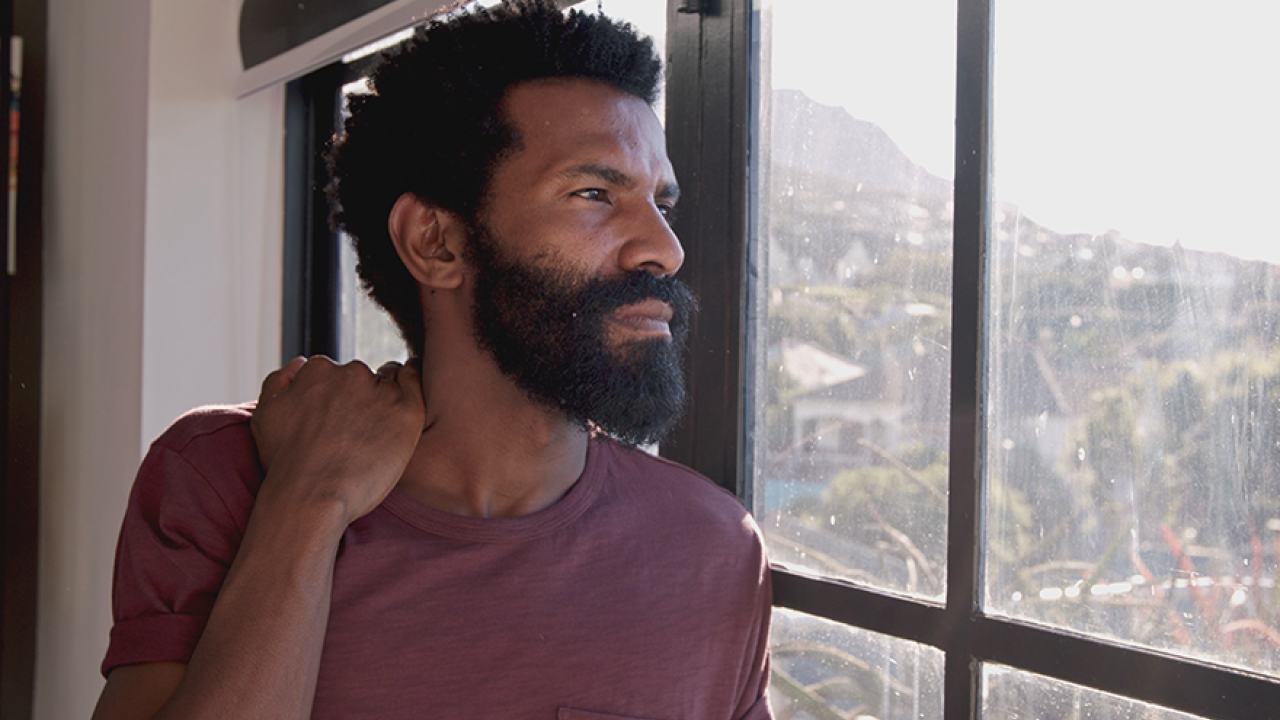This STAND Tips resource is a successor to the COVID-19 Care Package which we created during the pandemic. The Care Package was made possible due to the generosity of Beyonce's BeyGOOD and Jack Dorsey's Start Small fund. We thank these organizations for their support and continue to offer general mental health tips through STAND Tips.
How to use this resource
For maximum flexibility, we offer two ways to access the tips: (1) grouped by issue you seek to address (e.g., worry less) and (2) by individual tip (e.g., create a news diet). If you are interested in a more structured program with five lessons per topic and the option for coaching support, consider signing up for STAND for All.
Please be advised that services are not health services or clinical care; this means the program is not appropriate for individuals experiencing acute symptoms, who are currently in treatment or requiring treatment.

Find balance when you're stretched too thin
Add more structure to your everyday
Get in touch with your values
Practice self-compassion

Create order when you're overwhelmed
Maintain a routine
Reach out for help with the 'DEAR MAN' strategy
Use the problem-solving framework







